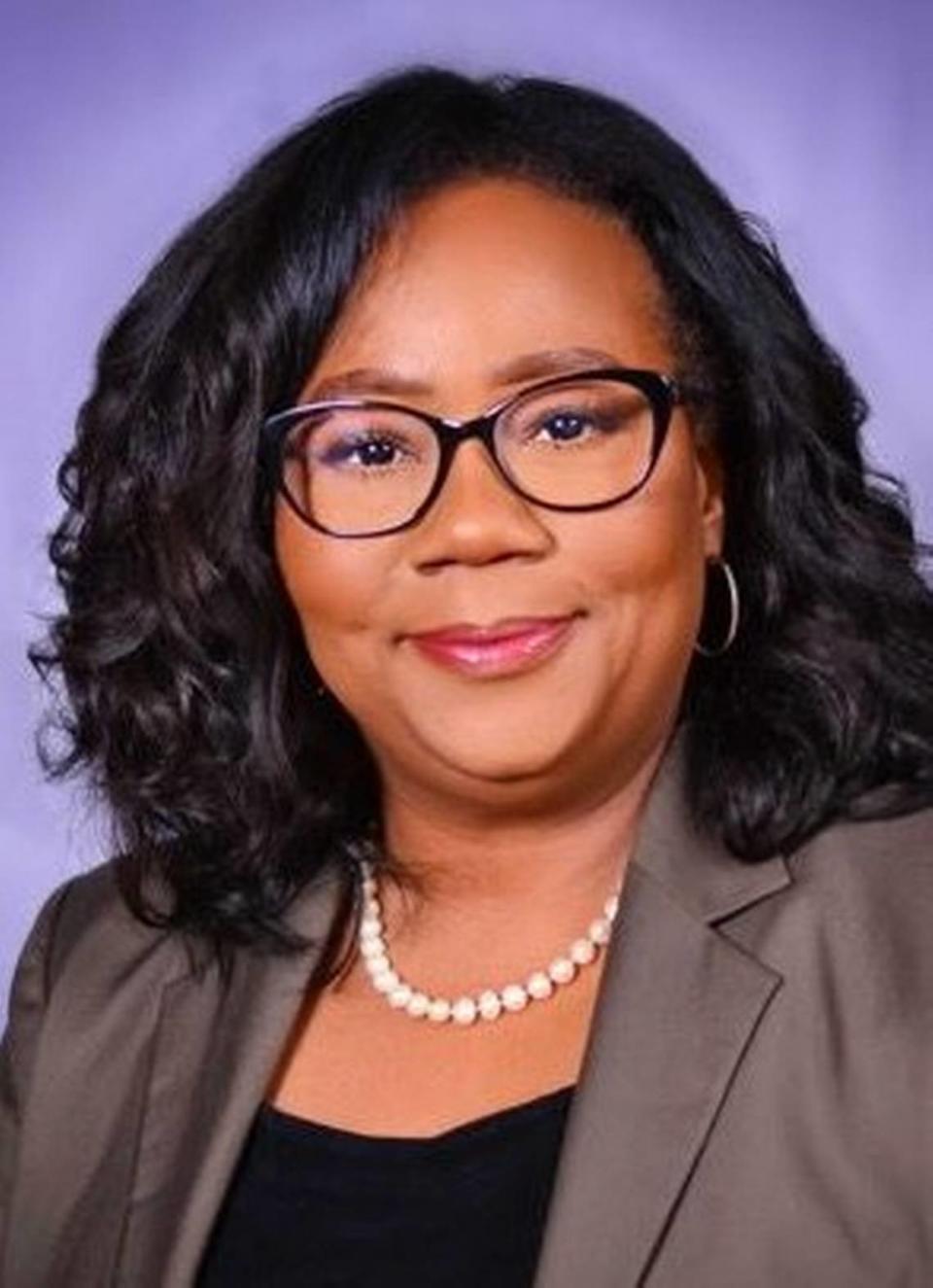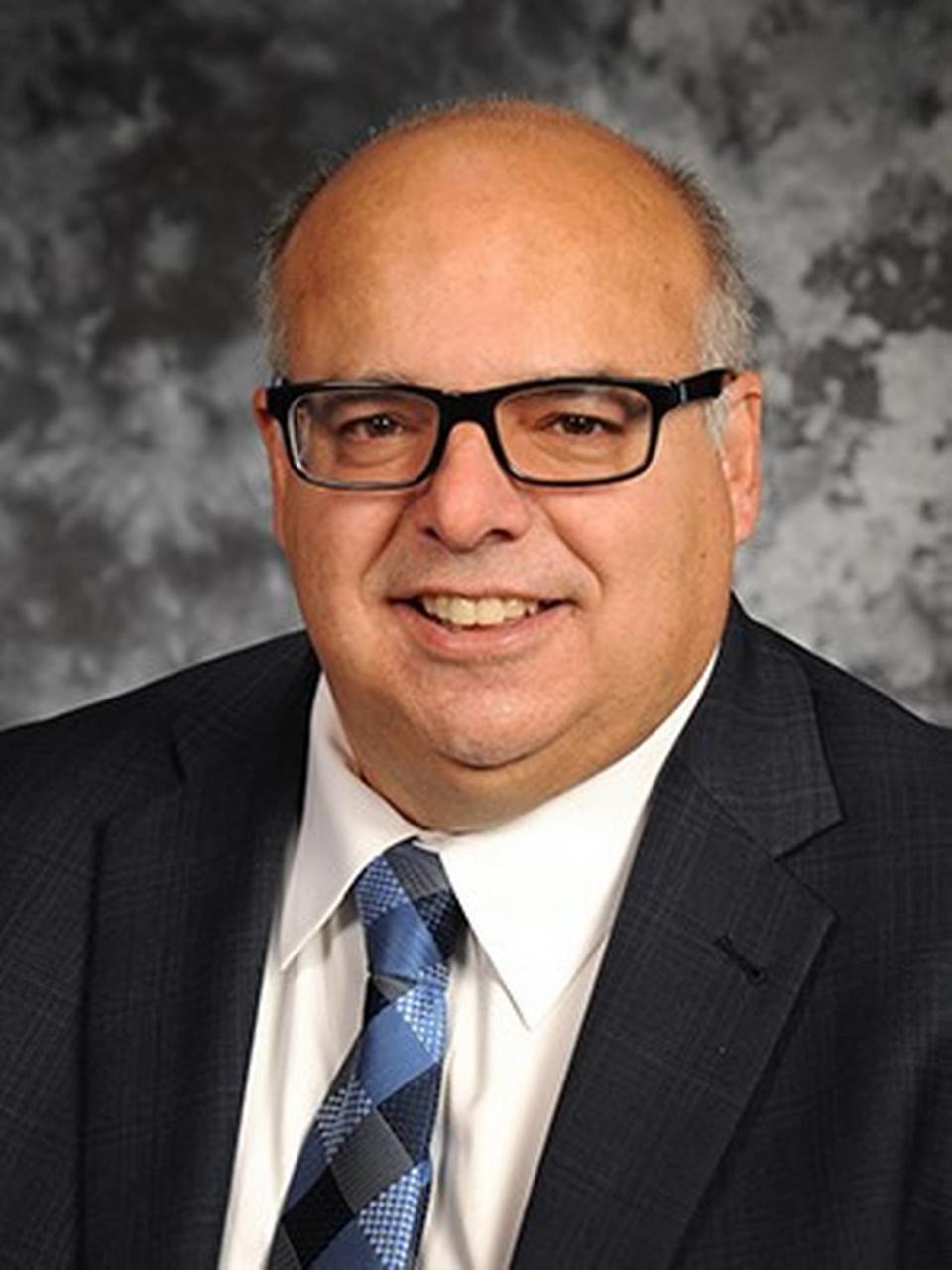Far right’s crusade against diversity, equity in higher education comes to Idaho | Opinion
It should come as no surprise that the far right’s crusade against diversity, equity and inclusion, or DEI, has made its way to Idaho.
This week, Idaho Sen. Brian Lenney, R- Nampa, announced that in the upcoming legislative session, he plans to introduce a bill that would ban the funding and creation of DEI offices, officers and employees at Idaho’s public higher education institutions.
Lenney said his bill also would eliminate the consideration of diversity statements in employment and college admissions processes and prohibit mandatory diversity training for students, faculty and staff.
What a sad, misguided use of his time as a state legislator.
Last year, anticipating an attack on DEI initiatives in Idaho, I spoke with two experts in the field: Fran Dillard, vice president and chief diversity inclusion officer at Micron Technology, and Juan Alvarez, deputy laboratory director for management and operations and chief operations officer at Idaho National Laboratory, two of Idaho’s largest and most important employers.

“I can’t address what’s going on in the politics out there, but within Micron, it’s important that we are creating workplaces that work for all of our employees,” Dillard told me in a phone interview. “And that is a reason why we have 10 employee resource groups here. That is the reason why we make the investment in diversity and inclusion that we do here in Micron.”
Micron last year provided more than $1 million in grants in total to the colleges of engineering at Boise State University and the University of Idaho to support targeted programs that expand equitable access to education, diversify enrollment and prepare all students — especially students from underrepresented groups and rural areas — for engineering careers.
For Alvarez, diversity isn’t just altruistic; it’s to make INL better. If your workforce isn’t diverse, you’re missing out on talent.

“If you look at what we do, our mission to create a new energy future and secure our critical infrastructure, you can’t get there without the best and the brightest,” Alvarez said. “And the best and the brightest doesn’t care what color you are, what gender you are, what your sexual preferences (are), it doesn’t care about any of that. It’s just about bringing the best and the brightest.”
So it’s not just about being “woke.”
‘Selfish’ reasons for DEI
“There’s data out there that shows that companies that have a diverse workforce, frankly outperform their peers,” Alvarez said. “So there’s a lot of — I don’t know if I want to use the word ‘selfish’ reasons — but there’s a lot of corporate selfish reasons why we think (diversity) is something that we need to strongly support.”
Lenney’s bill is part of a larger movement, just like the coordinated attacks in statehouses all over the country on transgender rights, public education and library books. Remember when the far right was hyperventilating over fears about critical race theory?
This is just the latest manifestation of a coordinated attack on a made-up problem that the far right is trying to “solve.” It’s a perfect hot-button culture war issue for Lenney to gin up his base as he gears up for a closed Republican primary in an election year.
States such as Florida, North Carolina, South Carolina, Virginia, Ohio and Oklahoma have led legislative charges to defund DEI programs in their states, according to CNN.
In Ohio, the Inter-University Council of Ohio is pushing back, issuing a lengthy statement opposing a bill that bans diversity training and mandates, partnerships with China and the promotion of any “controversial belief or policy” spanning from “diversity” to “climate policies” and “marriage.”
“Data shows, DEI efforts help create an academic community that generates a higher enrollment rate, matriculation rate, and eventual success rate,” according to the statement from the Inter-University Council, which represents 14 universities. “DEI is for students with disabilities, veterans with PTSD, minority students, and students who are new Americans who may need extra help due to language or cultural barriers. DEI helps more students achieve the American dream of success via a college education.”
Alvarez said that companies like INL and Micron are constantly looking for a pipeline of workers in a competitive job market for employers.
“There’s so many of us that are very interested in the universities being that pipeline,” Alvarez said. “And that pipeline, we need a diverse pipeline.”
Wouldn’t it be great if Idaho’s universities could be that pipeline?
“I think it is important that our universities are reaching out to minority groups that are already in our state, in our region, and that they offer programs that give them an equal opportunity to compete,” Alvarez said. “(Diversity programs are) a big step in providing assistance. It is not creating preferential treatment, it is trying to level the playing field and making the player feel that they are able to compete.”
World without diversity programs
So what if places like Micron and INL didn’t have diversity programs?
“I don’t think we’d be as competitive in the marketplace in terms of attracting talent, number one,” Dillard said. “Let’s say that we stop our development programs. Say that we stop programs that support the advancement of women in the workplace, say that we stop programs that really educate and create awareness around bias and say that is no longer valid. We start to lose out on great talent.”
That’s how Alvarez sees it, too.
“We want the best scientists and engineers,” Alvarez said. “The reality is that I’m looking for talent, and if I can find that talent in the Southeast, and he happens to be an African American, I want him here. If I’m going to just recruit from Idaho, I’m going to miss out on talent that I’m not even aware of. So the intentional part is to go get talent where it is.”
So what effect does this kind of anti-diversity political rhetoric have?
“Legislators’ voices matter,” Alvarez said. “And their voices are hurting companies like Idaho National Lab, because the message that’s getting sent is you’re not welcome in Idaho if you’re different.”
Hopefully, Idaho’s major employers will show up to oppose Lenney’s bill, defend diversity programs at Idaho’s institutions of higher education and explain the importance of these programs for the future of Idaho.
“We’ve got to stop thinking about this as somehow a threat to our values,” Alvarez said, “of our values being threatened and actually look at it as embracing a population that brings incredible richness to our tapestry of people who live in our state, new ways of thinking, new ideas.”
What is it that Idaho’s top employers understand that people like Lenney just don’t get?

